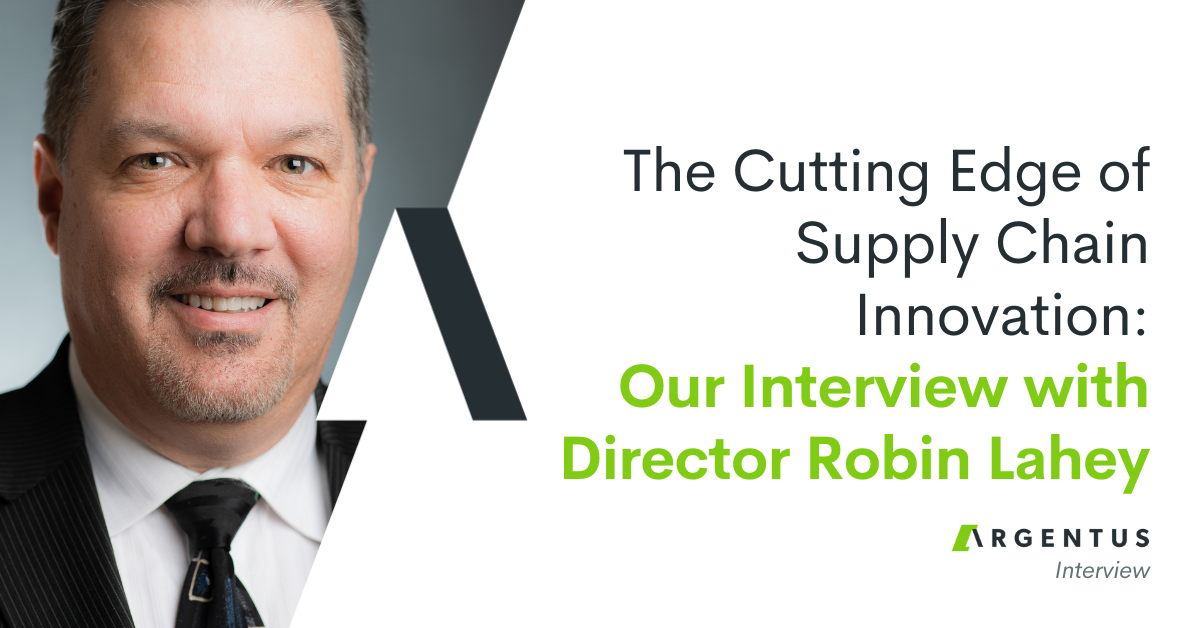In recent years, “functional” resumes have gone out of fashion. That’s because they’re not the most efficient or compelling way to explain what you as an employee has contributed to a company. A functional resume shows how you fit into a job description, doesn’t show the more crucial indicators involved in job success: your capacity to think creatively, respond to pressure, build relationships and exceed expectations. An accomplishment-based resume is especially crucial at the senior and executive level. Putting your accomplishments front and centre implies that you’ll be able to deliver above and beyond to a new employer.
Here are some quick tips from Argentus’ recruiters about how to craft an accomplishment-based resume, specifically within the areas we service: Supply Chain, Procurement, Strategic Sourcing, Distribution, Operations and Retail.
1. Job Experience: Describe what you delivered, not what your responsibilities were.
When moving from a functional resume to an accomplishment-based resume, the first thing you need to do is orient your thinking towards successes and what you delivered. Lots of resumes still come into our office, even from mid or senior-level candidates, where the candidate’s previous job experience is lists of “duties,” without an indication of what the candidate considers their major accomplishments to be. As we’ve written lots and lots before, a resume shouldn’t read like a job description!
2. When building your profile, think “Benefits,” not “Features.”
This is where a resume should be tailored to a specific role that you’re applying to. An outline of your relevant skills is still a crucial factor in an accomplishment-based resume. A listing of skills you have (a list of “features”) is a more functional way of looking at a job. Instead, think in terms of how your skillset will benefit the company and work that into the description wherever you can. For example, don’t just put “Purchasing Manager.” Put “Purchasing Manager with an X amount of spend and a proven ability to execute X cost savings.” It’s a more accomplishment-based way of selling your skills because it shows a focus on your ability to accomplish great things in the role and beyond, instead of just listing the functions you’re capable of performing.
3. Include numbers and metrics. This is always the first piece of advice we give because so many resumes that come in fail to mention specific numbers. Supply Chain is a quantitative discipline, and companies want to see that you’re a good investment. Your resume should be a fact sheet with metrics that show your performance.
- If you’re an inventory planner, have you lowered inventory, increased inventory turns? How many SKU’s did you manage?
- Say you’re a Warehouse Manager, what’s the size of the facility you managed? How many employees did you oversee?
- If you’re a Procurement Professional, list examples of cost savings on specific negotiations. What was your spend? Procurement can point to specific savings, and they more than pay for themselves. Show a prospective employer specific numbers and it makes you an easy hire.
4. Make sure to develop and include outside-of-work accomplishments. This doesn’t mean hobbies. If you’re at the senior level, include corporate boards, leadership you’ve provided in the community, publications, awards, etc. This helps show that you’re a well-rounded individual with a stake in your profession.
These are just a few tips, and this list is by no means exhaustive. Resume writing is an art – a difficult task that doesn’t really get easier. Whether you’re rewriting your resume from scratch or trying to polish it for a new role or new opportunity, hopefully these tips will be a start.



0 Comments